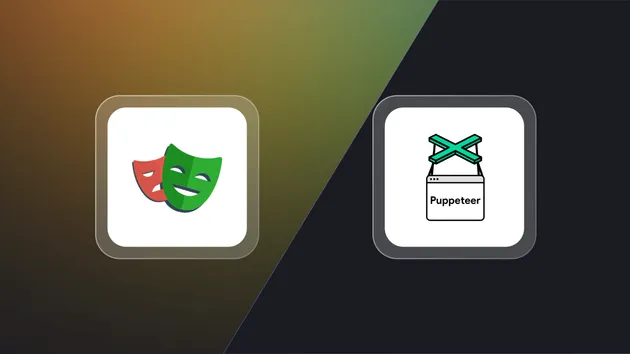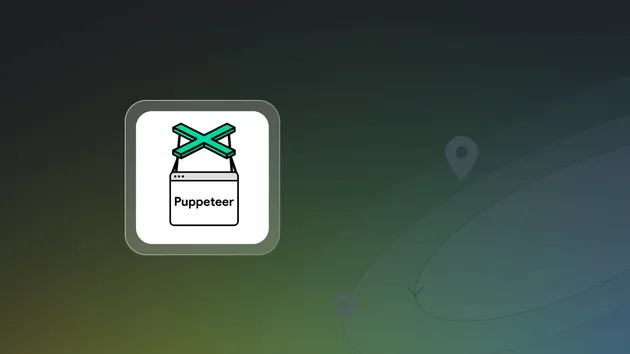Example Puppeteer Promise Pool
Pricing
Pay per usage
Example Puppeteer Promise Pool
Example how to use Puppeteer in parallel using 'es6-promise-pool' npm package.
Pricing
Pay per usage
Rating
0.0
(0)
Developer

Marek Trunkát
Actor stats
3
Bookmarked
19
Total users
1
Monthly active users
7 months ago
Last modified
Categories
Share




